
No phones allowed: how co-working space Caveday teaches people to focus on their work
- A mix between a co-working space and group therapy, a Caveday session starts with people stating their goals before giving up their phones
- Scheduled breaks encourage strangers to mingle and talk to each about their projects
OK, let’s go. Start working. Wait, one second. There’s this news item you simply have to check out. Oh, and five new Facebook notifications. Your phone keeps buzzing.
It doesn’t stop.
Time flies by, and the modern world keeps us firmly in its grip, despite our intentions to actually get some work done.
This is where the New York start-up Caveday comes in.
“We created Caveday to teach the world how to focus,” co-founder Jake Kahana explains.
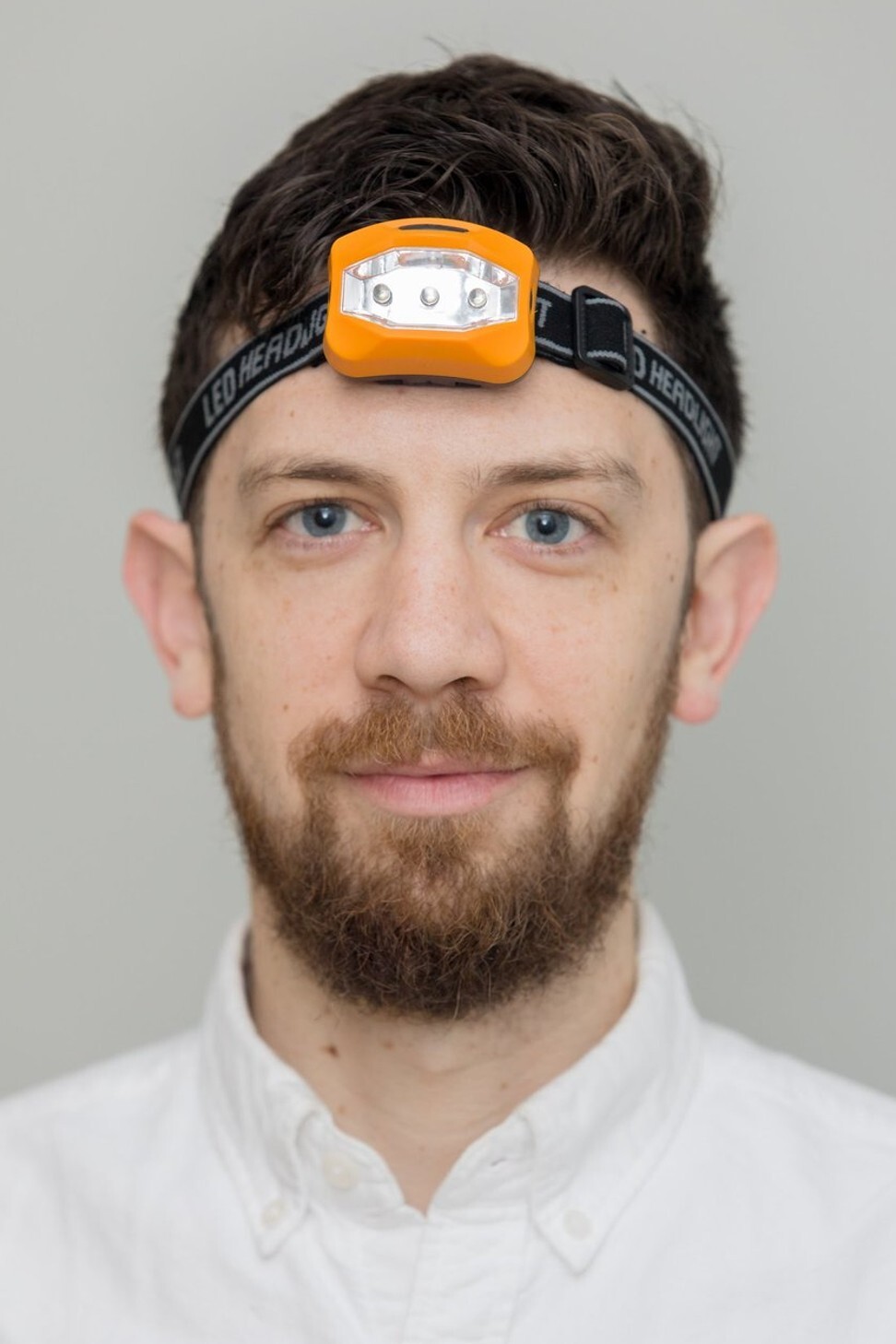
Five men and 15 women form a circle around a metal desk on the ninth floor of an office building in midtown Manhattan. Kahana’s first instruction: put your mobile phones on the desk. They will be staying there for a while.
“Our smartphones only make us dumber,” Kahana says. They’re unlocked 80 times per day. The display is touched thousands of times.
Under these circumstances, you will never be able to focus long enough to write a book, design a new campaign or produce a podcast.
Or found a new company, like Kahana and his partners did.
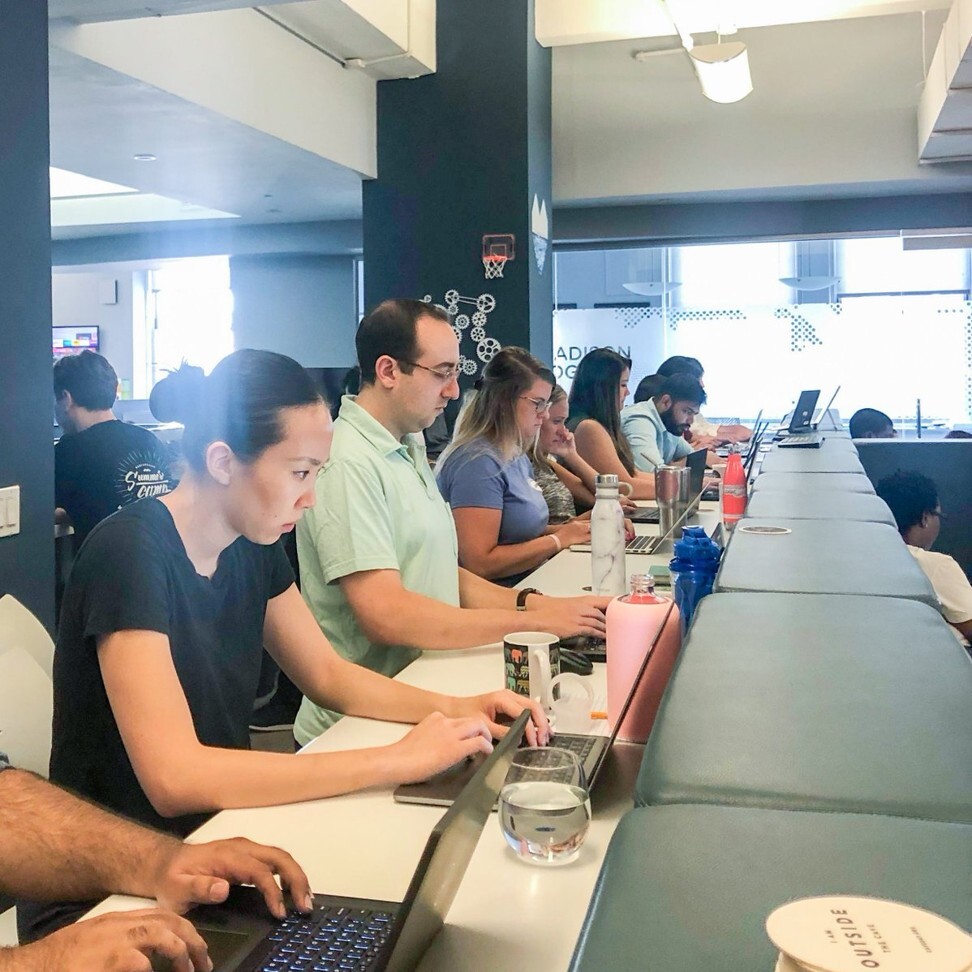
A couple of years ago, Kahana and his co-founders, Jeremy Redleaf and Molly Sonsteng, realised how much more productive they could be if they sealed themselves off from the temptations of the digital world, just like inside a “cave”. So in 2017, they organised their first “Caveday”.
“People loved it,” Kahana recalls.
According to German psychologist Tim Hageman, the problem of distraction at work has increased with the invention of the smartphone. This has to do with the human need for social contacts.
“If the mailman were to come by three times a day, I would also check my postbox three times a day. Things like that are great triggers,” Hageman says.
But such distractions quickly disturb concentration. If you respond to an email, for example, it usually takes up to five minutes to continue from where you left off on whatever you were doing.
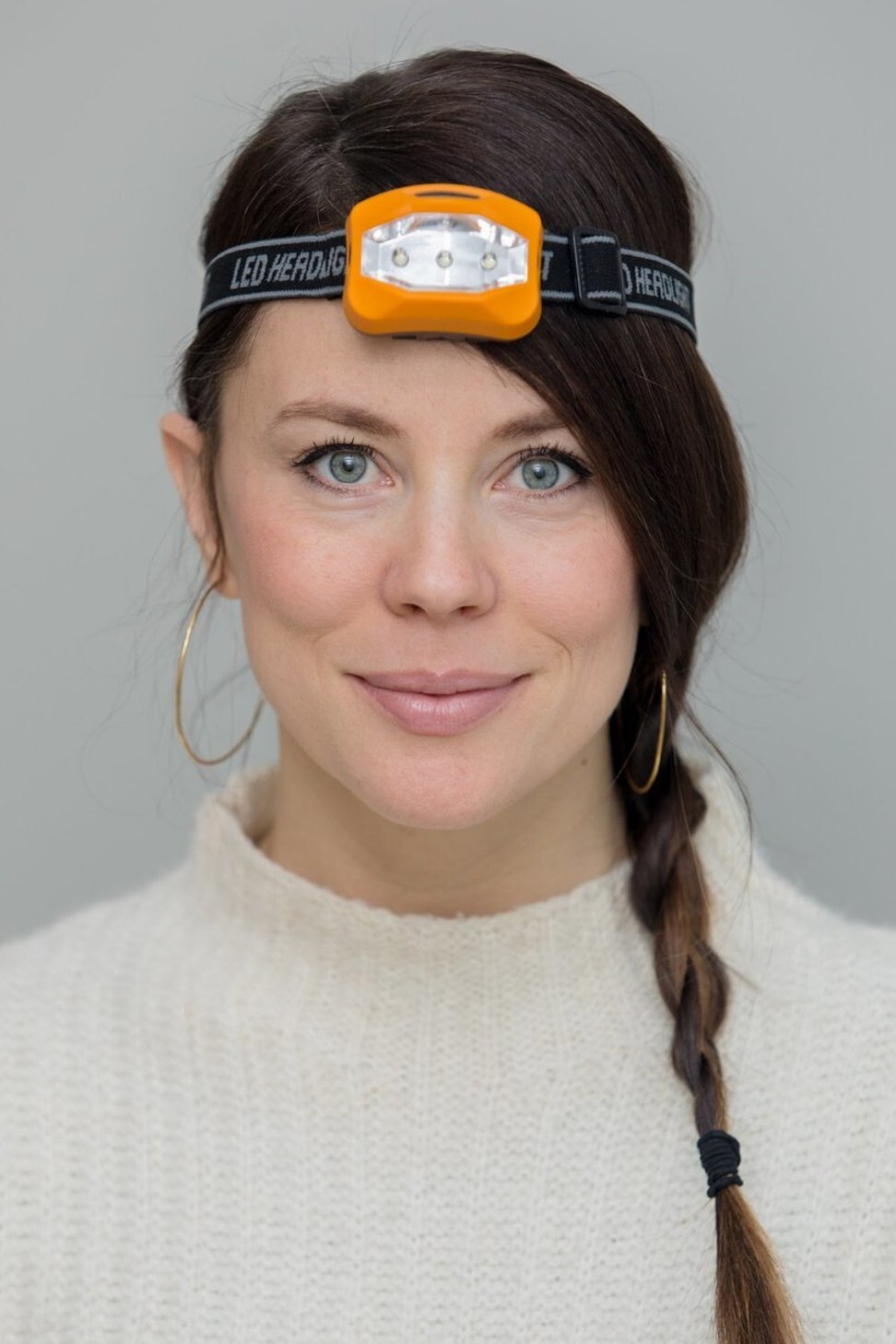
Imagine Caveday as a mix between a co-working space and group therapy. In the beginning, Kahana asks everyone standing in the circle to state their name and work goal. Some write, some draw, others study.
Then he asks the participants what they want to block out today. Many people say: Instagram, YouTube, email. After a communal, motivating “thunder clap”, everyone begins working on one of the wooden desks.
And the room turns quiet.
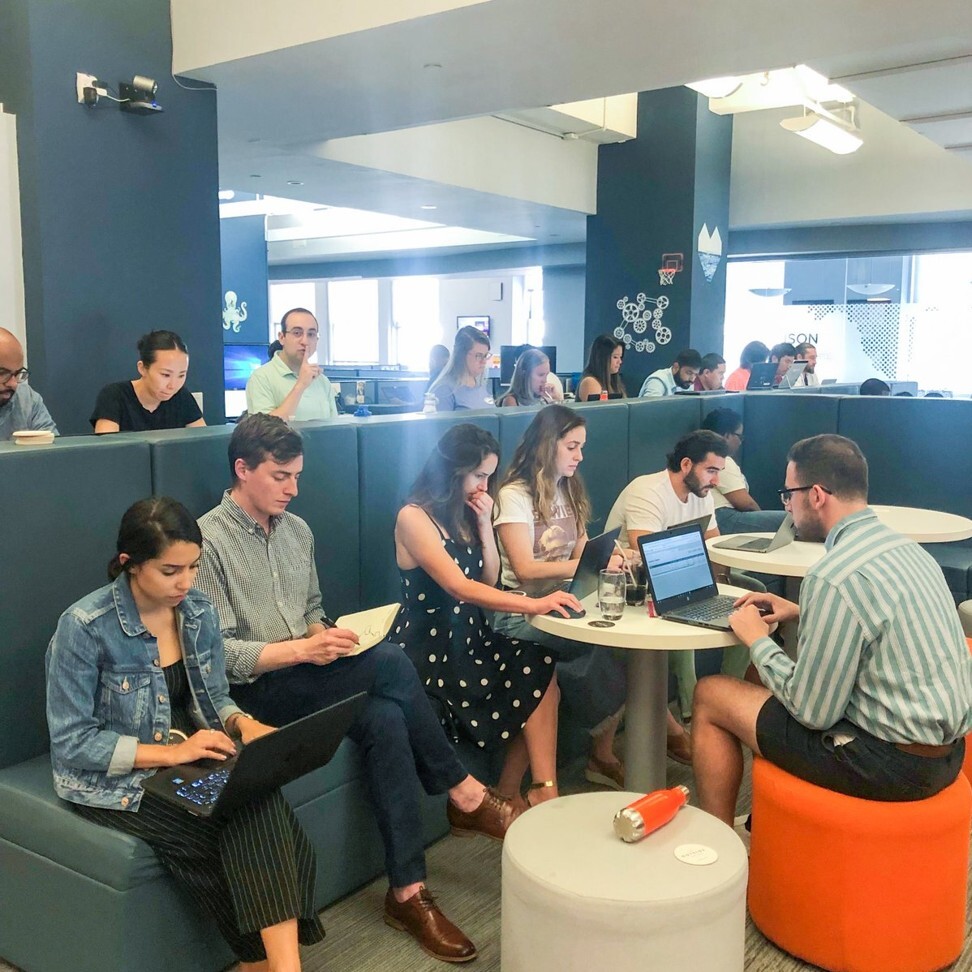
“The human element of being surrounded by others is what makes Caveday special,” Kahana says.
The start-up subtly puts pressure on the participants by asking them to tell the group what they want to accomplish, which creates a feeling of responsibility to actually reach that goal, he explains.
And if everyone around you is focused, it really does become easier to get there yourself. Humans are social beings who take other people as a frame of reference, Hageman confirms. “It’s really contagious when 15 people around you are concentrating.”
Each Caveday session costs US$25, but there are also cheaper multiple-session packages and a monthly flat rate for US$99.
After the first working phase of 40 to 45 minutes, Kahana rings a small bell that heralds a five-minute break. Now everybody begins to stretch, followed by a short task: talk to a stranger about what you like about your work.
Today is Daye Hwang’s first time. The New Yorker recently graduated from university and has tried out different remedies to bring some structure to her working day. Caveday, she believes, could help.
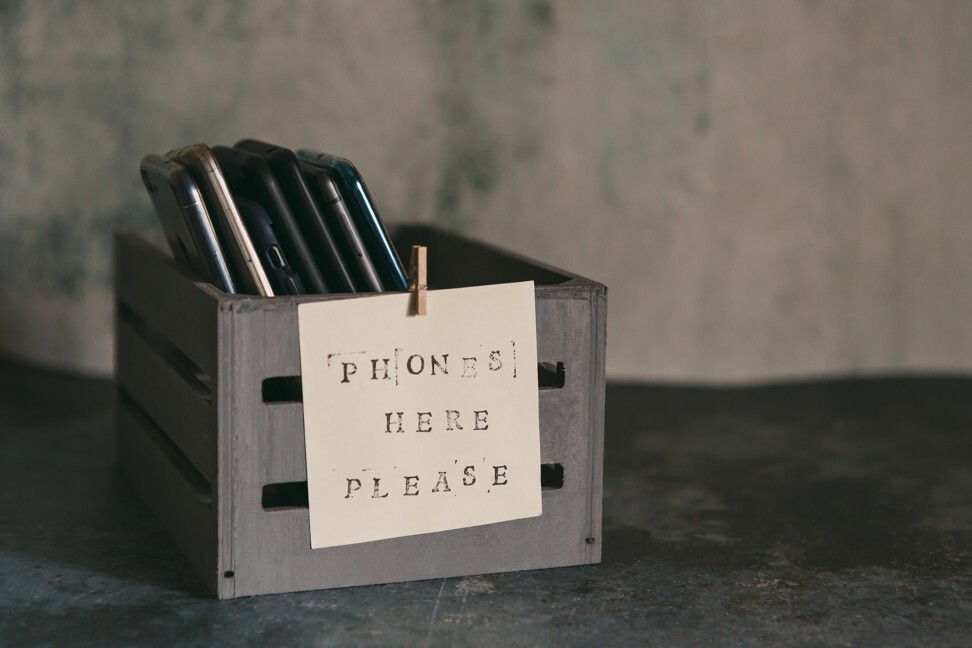
Another participant is telling the group that she’s been thinking about a specific project for a long time: “Today was the first day I actually did something.” The other cave dwellers applaud her.
It’s actually a simple concept: cast off the rest of the world and focus only on your goal. Do we really need a start-up for that?
But Kahana believes that Caveday also offers a community.
“Here you feel respected for who you are and what you are working on.”

